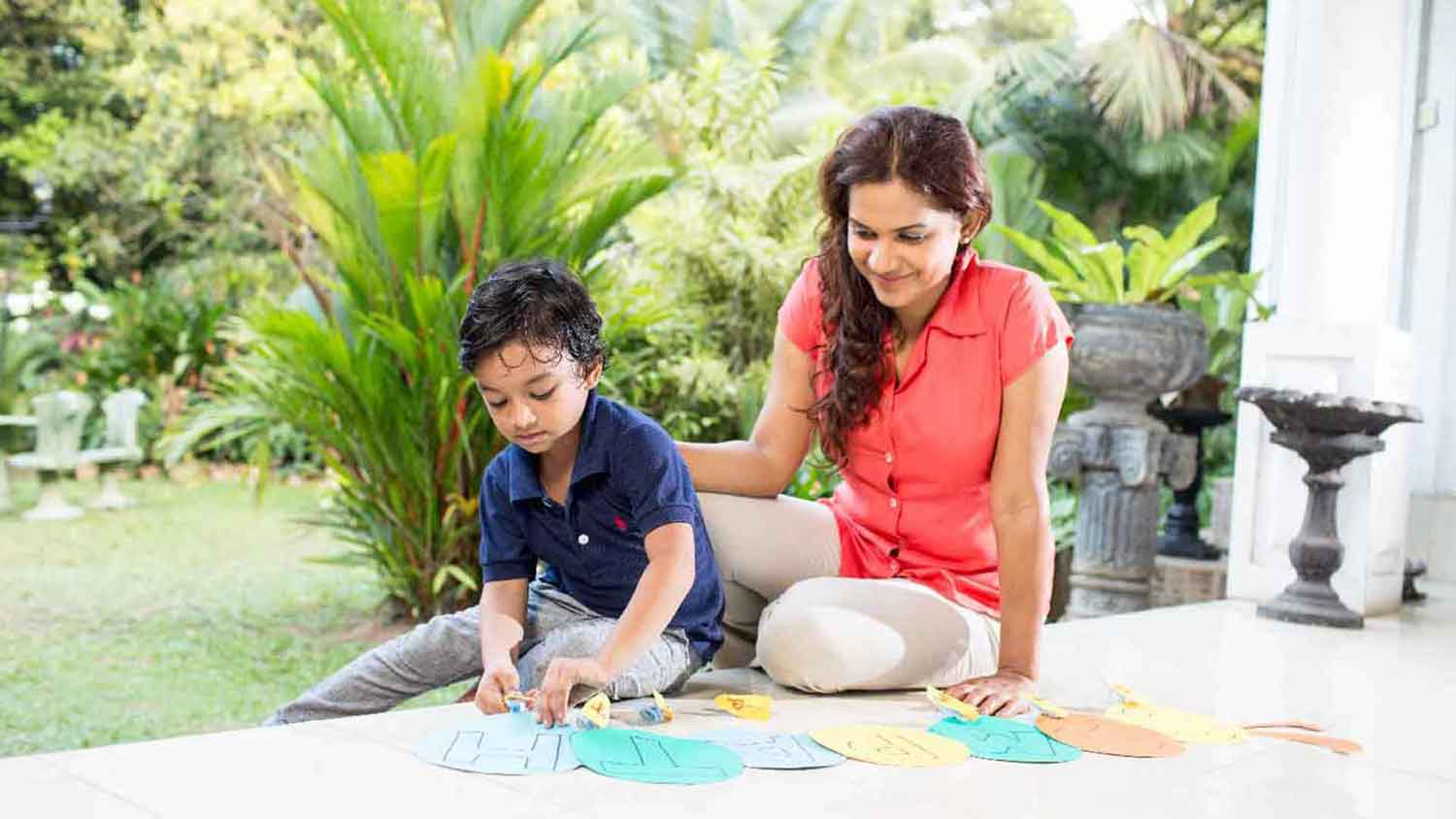























School Readiness and Parent’s Involvement


What is School Readiness?
School readiness plays an important role in early childhood education and care systems. It simply refers to the readiness of a child to begin the journey of schooling. Readiness can be understood by various abilities and characteristics a child should acquire in order to sustain in the school environment as an individual. While school readiness is mainly associated with the child’s ability, it does not depend on the child’s capability alone. Hence, readiness in this case also refers to the readiness of the family and school to support children’s learning. While schools hold the responsibility of meeting the learning needs of each individual child at different levels of readiness, parents hold the responsibility of preparing their children for a smooth transition from home to school ahead in time.
Why is School Readiness Important?
Each parent would love to see their child thriving in the school environment. It is important to know that children’s school readiness is greatly affected by their early experiences in care and learning. Early care and learning experiences enable children develop skills and attitudes that are necessary to succeed in school.
School readiness is misunderstood by many. It does not only refer to the development of language and mathematical skills. A child who is ready for school should demonstrate more characteristics in terms of emotional, social, physical, and intellectual skills other than language and mathematical skills. These attributes and skills enable a child to confidently go through the transition from home to school and adjust into the new environment smoothly.
A School ready child is;
• able to do simple tasks for themselves
• toilet trained
• able to understand instructions and follow them
• confident
• able to take turns
• able to demonstrate essential social skills such as sharing and helping.
• able to communicate their needs
How Parents can involve in Developing these Skills and Attitudes in Children Ahead of Time?
• Toilet training should start at the right time when a child is ready to be trained.
• Encourage children to do simple tasks for themselves such as dressing themselves, putting on their shoes, tying-up their shoelaces and tidying up their desks etc.
• Help them become familiar with following a daily routine at home.
• Model positive behaviors such as being polite, saying thank you and sorry, following instructions and active listening from the earliest stage.
• Boost their confidence and self-esteem by encouraging and praising the efforts.
• Provide opportunities to engage in physical play activities with other children of the same age whenever possible to enhance their social and communication skills.
• Nurture a love for learning through various fun and interesting activities
School readiness is a collective responsibility and the outcome of fulfilling this responsibility is a child who is confident enough to transition from home to a more systematic school environment. When a child is better equipped with aforementioned qualities and is continuously supported by the families, he or she becomes independent in school. This allows him or her to freely engage in academic tasks and thrive in the school community.
Share With:
Recommended Articles


Siblings Rivalry and Friendships
“...the sibling bond can be a thing of abiding love. Our parents leave us too early, our spouse and our children come along too late. Our siblings are the o...
Read More

Teaching your child to live with a heart of gratitude
We all agree with the idea that, parents hold the greatest responsibility in nurturing a sense of gratitude and respect within a child. Similarly with other...
Read More

Standing Strong Standing Alone
Developing Independence in Toddlers Until your toddler begins to walk s/he cannot move around independent of help – once toddlers start walking they are ...
Read More

